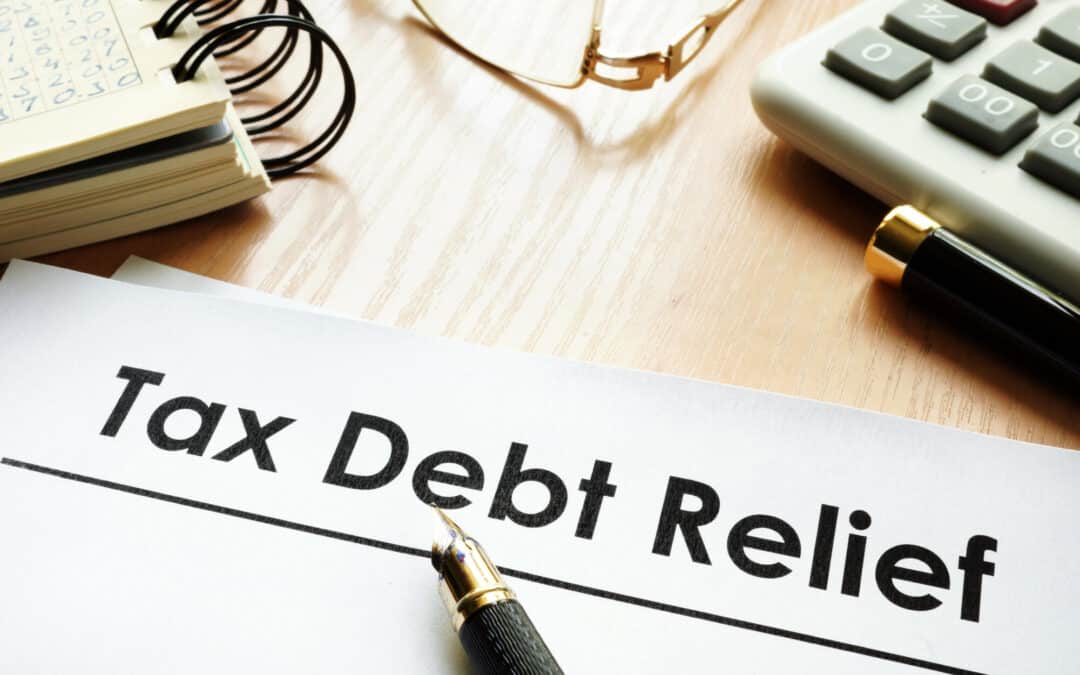Unpaid taxes are a fairly common problem for U.S. citizens. Americans owe the IRS approximately $114 billion between their actual back taxes, fees, and interest.
Of course, that’s not all the debt in play for most people. Americans also have a lot of consumer debt as well. On average, U.S. households carry around $155,000 in consumer debt.
With all that debt, it’s no wonder some people see filing for bankruptcy as a preferable solution. Simply getting out from under can make the hit to your credit score seem worth it.
Of course, bankruptcy doesn’t always mean tax debt relief. Keep reading to learn more about bankruptcy and tax debt relief.
What Is Bankruptcy?
Bankruptcy is a legal way for people to discharge debts without necessarily paying back the total amount owed to their creditors. Instead, the court liquidates assets and settles with creditors for a lesser amount.
There are two main types of bankruptcy: Chapter 7 bankruptcy and Chapter 13 bankruptcy.
The Chapter 7 approach is the liquidation approach. The Chapter 13 approach is for people with a regular income. Rather than liquidating, you work out a payment plan for your debts.
Tax Debt and Bankruptcy
Generally, bankruptcy will not clear your tax debts with the government. There are a few exceptions to this rule.
You can potentially get tax debt discharged if it exists because of fraud. The same goes for tax debt that only exists because of a mistake. Mind you, you must prove the fraud or mistake occurred.
There is also some leniency if you can demonstrate that you cannot pay the debt. Income tax discharges typically only apply in Chapter 7 bankruptcies. Tax debts become one of the debts you pay down in a Chapter 13 bankruptcy.
Tax Debt Consequences
Unpaid taxes can leave you with several tax-related consequences. Some of those potential consequences include:
- Tax lien
- Tax penalties
- Tax levy
- Wage garnishment
- Bank levy
- Asset seizure
Most of those consequences can create severe problems in your life.
Resolving Tax Debt
There are several ways you can go about resolving your tax debt. You can work directly with the IRS to work out a payment plan. You can try to settle the debt with the IRS.
You can also work with third-party businesses and programs to negotiate a plan or settlement with the IRS.
Tax Debt Relief and Bankruptcy
Bankruptcy can help you resolve consumer debt but won’t do much in tax debt relief. Unpaid taxes are generally excluded from the kinds of debts a bankruptcy addresses.
At best, bankruptcy might help you demonstrate an inability to pay, which could help you establish grounds for getting the debt discharged.
Resolving tax debt typically requires you to either work out a deal with the IRS or use a third party to do it for you.
Clean Slate Tax specializes in helping people resolve their tax debt. For more information or a consultation, contact Clean Slate Tax today.




